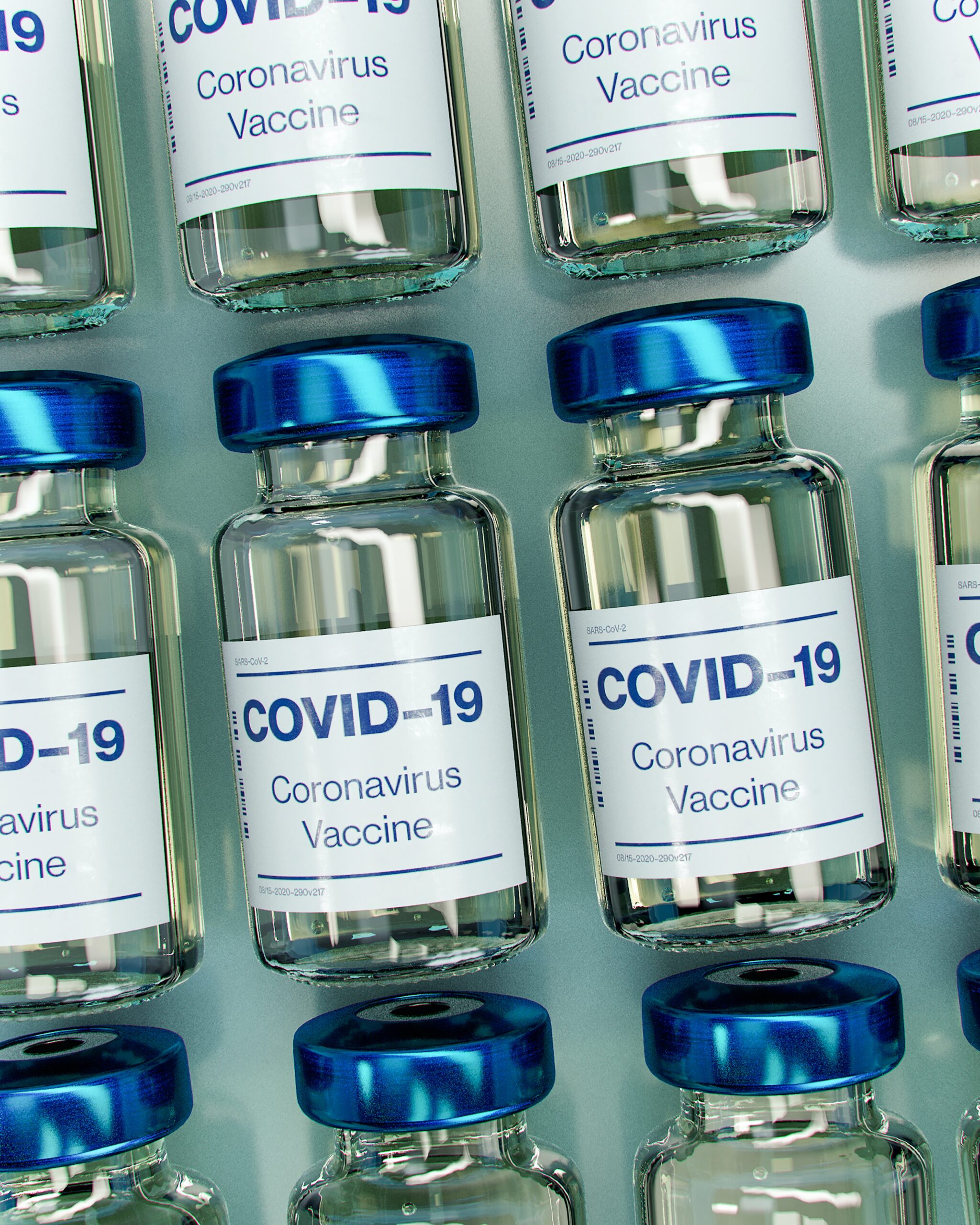| DEALFLOWUPDATE Issue #63. Friday, August 28 |
Hello Everyone, For this edition of the Zoic newsletter, we’ll be covering a mixing of COVD related technologies as well as innovations in our normal field of medical devices. We will also be doing something new from now on. Since we focus so much on IP, we will also be featuring articles on lessons about IP in general that we see as valuable lessons for startups, including our portfolio companies. We will also be featuring soon articles about investments and the VC industry in general, especially lessons learned that can be applied to our practice.-Neal If this is your first issue, please subscribe and consider sharing with others. Additionally, we welcome news from our readers, if you’re up to something interesting, let us know. Email chad@zoiccapital.com |
Podcast Guest Ray MuzykaRay Muzyka co-founded BioWare in the early 1990s after completing his MD. He practiced full-time rural locum tenens Emergency/Family Med for two years, then medicine transitioned to part-time rural locums for the next decade as his second career for the next two decades focused on his role as BioWare’s CEO. BioWare was the fastest-growing company in Alberta in 2002 and has won many industry awards for quality/innovation and multiple years on Canada’s Top 100 Employers Awards.BioWare received its first external (private equity) funding from Elevation Partners in 2005. After acquisition by Electronic Arts in 2007, 2009 Muzyka was promoted to SVP/Group GM of EA’s BioWare Label which by 2012 had eight studios, ~$500MM USD annual revenues, and ~2000 FT+PT staff worldwide. Ray retired after 20 years in videogames in late 2012, with his third career chapter at ThresholdImpact (www.thresholdimpact.com) mentoring entrepreneurs in medical innovations and social enterprise technology. He is an active angel impact investor (angel.co/ray-muzyka) across North America. Dr. Muzyka obtained his BMedSc from UAlberta in 1990, his MD from the U of A in 1992 and CCFP in 1994, and his MBA from the Ivey School of Business (UWO) in 2001. He is a member of YPO, A100, Founding Chair of UAlberta Venture Mentoring Service, Venture Advisor and Investment Committee Member at iNovia, Advisory Board Member at Voyager Capital, Public Member on the U of A Board of Governors, is a mentor Fellow at CDL West, Rockies and Toronto, is a CDL-Global Founding Partner, and serves on multiple private company boards. He was inducted into the Order of Canada in 2018, AIAS’s Hall of Fame in 2011, Alberta’s Business Hall of Fame in 2018, received GDC’s 2013 Lifetime Achievement Award, Canada’s Top 40 under 40, E&Y’s Entrepreneur of the Year (Prairies), U of A’s 2015 Alumni Innovation Award, MacEwan’s 2017 Allard Chair in Business, among other awards. Listen in on: Apple Podcasts, Spotify, or Soundcloud. Deal Flow News & Insights  President Donald Trump and Health and Human Services Secretary Alex Azar look on as FDA Commissioner Stephen Hahn addresses a press conference where the emergency authorization for blood plasma as a coronavirus treatment was announced, Sunday in Washington. Pete Marovich/Getty Images FDA Emergency Authorizations and Medical Devices FDA Authorization News Convalescent plasma is a topic featured quite heavily recently as the FDA has granted an emergency use authorization fo COVID-19 patients. This is a technology similar to principle to others we have featured here; the process of taking out blood, centrifuging it, or otherwise processing it and injecting it into a patient is not a new one. It has been used with some success for previous viral infections and is similar to a process, platelet-rich plasma, used with some success in treating wounds and orthopedic injuries. Convalescent plasma may have some results that are positive, but it is not a scalable therapy. There are, however, more scalable technologies such as synthetic or semi-synthetic antibodies. These, though, require more FDA approval time.. Read More COVID Testing News Also in COVID-19 news, there is continual attention paid to diagnostics, especially as some areas of the US still have long turnaround times for test results. Improvements are being made to these times, but the fundamentals of current testing technologies remain the same. Often, tests are touted as having an X hour time to results, but what is often missing is the sample preparation time before the sample is actually placed inside an instrument. This preparation separates out elements such as unwanted blood cells that will confuse test results or produce a false one. This sample preparation still take a dozen steps, a skilled person, and an hour of time. Even though it is accepted as a standard, there are improvements that can be made in future technologies to reduce this time and complexity or even eliminate it. Read More Medical Devices News In medical device news, we have touched on the topic of women’s health and how underserved it is as a field for not just devices, but medicine in general. Pelvic floor condition, for example, affects more than 6 million women in North America and yet there are very few solutions; either expensive and sometimes risky surgery, or devices that have not been updated for centuries. Some innovation is being made to address this, though, which shows that this underserved market may see some much-needed attention soon. Read More Also in medical devices, we still see continuous innovation in the mental health space, especially in using stimulation energies, both non-invasive and minimally invasive. In one study, the use of magnetic seizure therapy actually can stabilize patients with suicidal thoughts. This shows, even more, the potential of such device platforms, especially as pharmaceutical treatments have major side effects and no good way to show efficacy. Read More In the same area, deep brain stimulation was shown to be helpful for even those with Parkinson’s disease. Again, a medical device shows promise in addressing a major debilitating condition that has no good treatment, not even a pharmaceutical one. Particularly if combined with a good companion diagnostic, such as a neural sensor, these platforms can finally be the ones to overcome these conditions. Read More IP News For our IP news, a recent decision reinforces the value of an IP licensing program built on a portfolio created during the early stages of a major technology transition. Qualcomm was one of the first companies that realized the potential of mobile communications. Timing-wise, Medtech and personalized health are where Qualcomm/mobile was 15-20 years ago. Since Zoic aims its investment at early stage breakthrough companies in this domain, we are in a great position to encourage and enable our portfolio companies to adopt a Qualcomm-like approach to IP development. Read More What We’re Reading The Verge How to watch Elon Musk’s Neuralink demo at 6PM ET / 3PM PT Slate The CDC’s Abrupt Changes to COVID-19 Testing Guidelines Sow Confusion Axios Venture Capital Firms to Include “Diversity Riders” in Term Sheets The New York Times Start-Ups Braced for the Worst. The Worst Never Came. Connect With Zoic Capital |
| The Biweekly Dealflow Update, curated by the team at Zoic Capital. |

Blog
FDA Emergency Authorizations and Medical Devices
© 2026 Zoic Capital.
Close Menu
Contact Us
113 Cherry St.
PMB 2981
Seattle, WA 98104-2205
E: hello [at] zoiccapital.com

